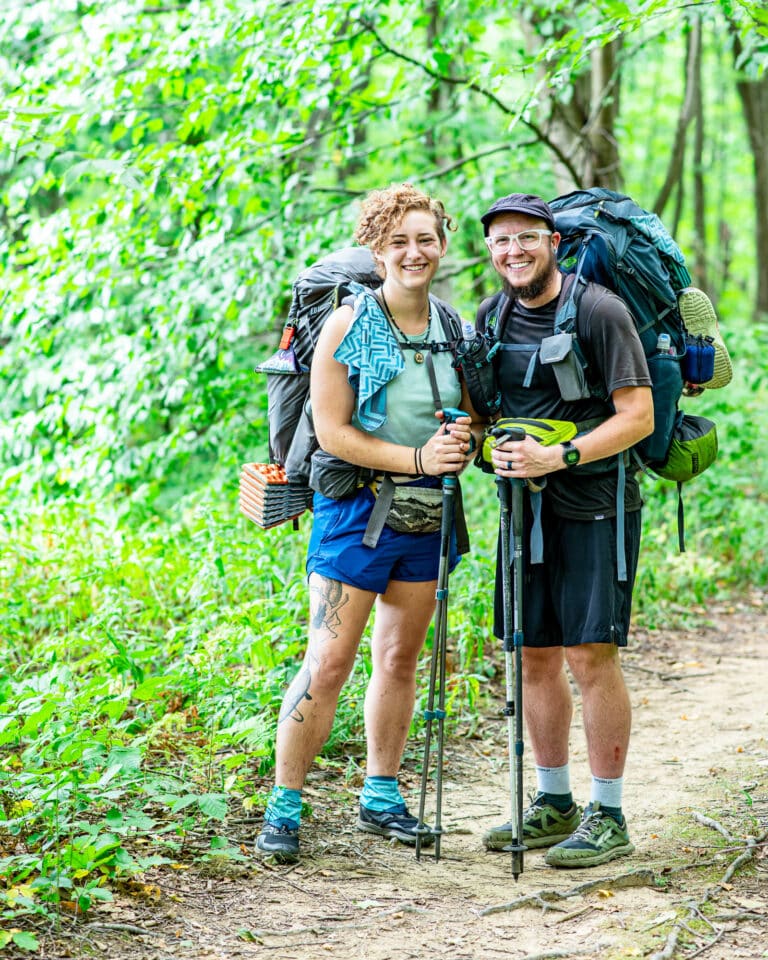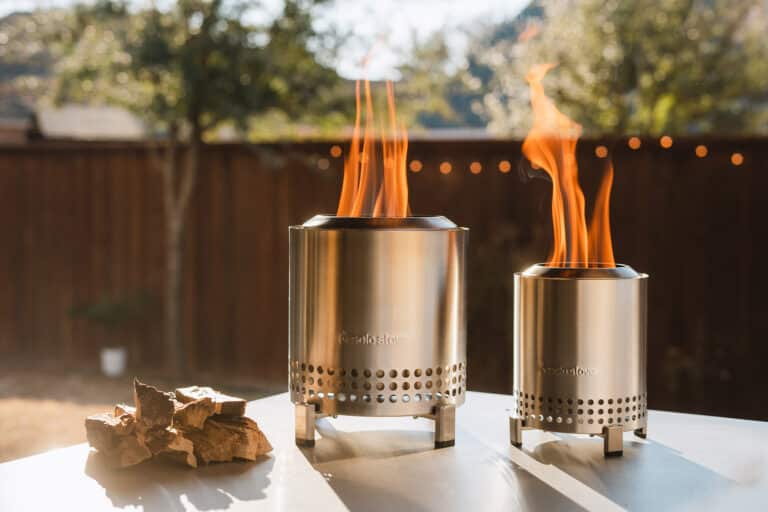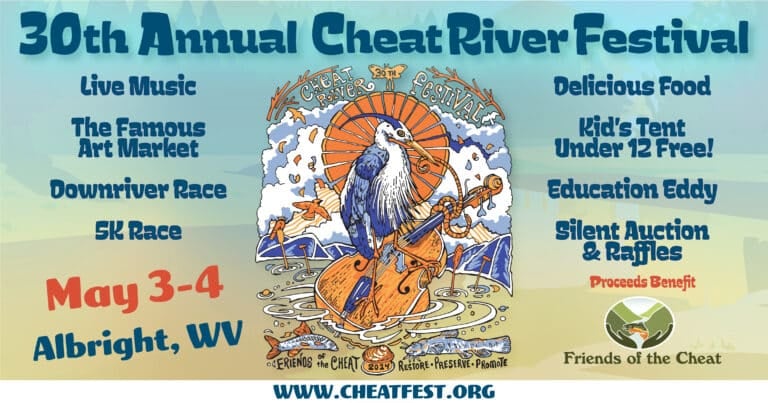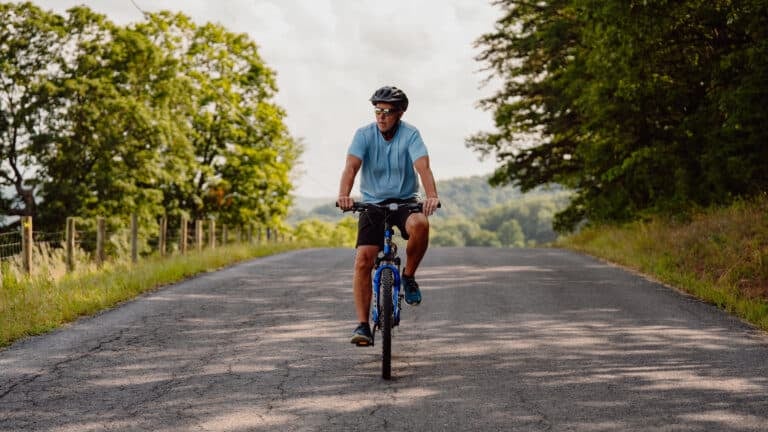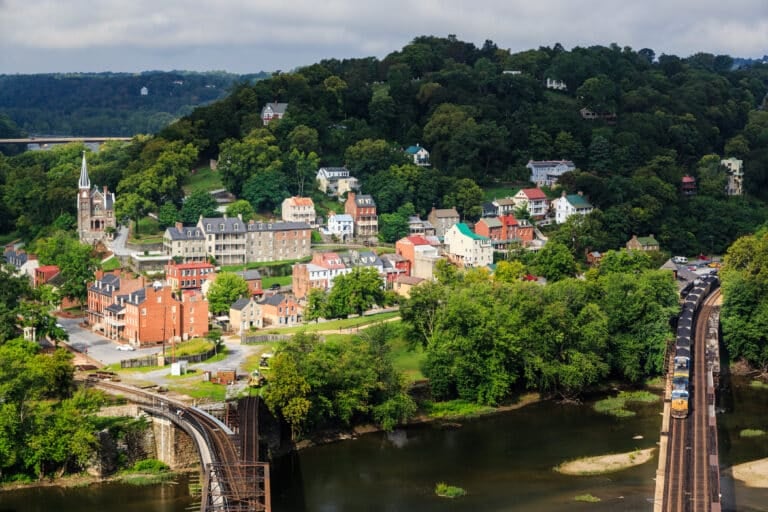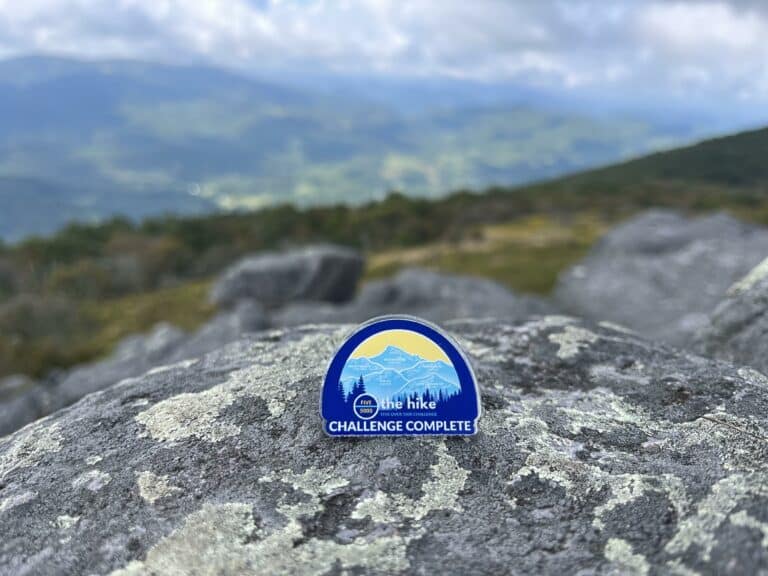BY WAYNE ROBBINS
“Good evening, ladies and gentlemen. Welcome to the old-time music show. You’ve got a surprise tonight, haven’t you?”
That’s how Janette Carter, the daughter the original Carter Family’s Sara and A.P, began her introduction of what would be Johnny Cash’s last public performance before his death at 71. I was at the performance, and I recorded it too.
After captivating the world for over 40 years, Johnny came home to end his career. His last show was at The Carter Family Fold in rural Hiltons, Va., nestled in the Blue Ridge Mountains.
The location of Johnny Cash’s last performance was significant. He and June had made numerous appearances at The Fold since the late 1970s when they were in the area visiting family. Most of these shows were unpublicized, spreading only through word of mouth in the Tri-City area and over the mountains to Asheville where I was, leaving the grassy parking area full to capacity, but keeping the atmosphere cozy and intimate—like family.
The amphitheatre is where the old-time music has been kept alive every Friday and Saturday night since 1974, when Janette and Joe Carter vowed to carry on the musical tradition of the original Carter Family. There is no air conditioning. The small swell of seats leads without climax to an open field. People shuffle and clog on the dance floor. They sit during the gospel numbers. The audiences seem predominantly elderly, and there is absolutely no drinking allowed. Here, the Man in Black was better known as “Johnny,” not “Cash.”
I had driven the winding roads to visit The Carter Fold a few times, once even meeting Johnny and June after a surprise appearance in 2002. They “opened” for a traveling bluegrass band and then joined the audience to sit and listen. Johnny and June nonchalantly ate ice cream, and Johnny had to pass his Brown Mule from one hand to the other to shake my hand. They were gracious and kind to me, as were Joe and Janette and everyone else at The Fold.
The cost to see him perform was five dollars, and for that I got a flimsy blue raffle ticket. (I still have it; it reads, “Keep This Ticket,” so I did.) I made my way through the crowd, most of whom were sitting on old bus seats bolted to the concrete floor. Large pictures of Maybelle, Sarah, and A.P adorned the wall behind the stage, as well as framed photographs of sisters Helen, Anita, and June Carter, and, of course, Johnny Cash. The amphitheater was crowded and people waved makeshift paper fans to move the hot July mountain air. I got to an open seat, pulled out my recording equipment, and waited.
After Janette introduced Johnny, friends lifted him out of his wheelchair into a seat on stage. Setting up was slow, and those awkward minutes revealed how fragile and weak he had become. Someone handed him an acoustic guitar and he immediately leaned into the microphone and said, “Hello, I’m Johnny Cash,” to thunderous applause. Though this was his opening line for decades, it struck me for the first time as a modest and meaningful introduction. Everyone knew him and, in truth, most were there to see him, but with a humble spirit, he assumed no fame, introducing himself as if we were meeting him for the first time.
Johnny started his set with his famous “Folsom Prison Blues.” Though he certainly sounded like Johnny Cash, his appearance and demeanor were difficult to watch. Suffering from various illnesses, he looked old and tired and sad. Clearly, this was a difficult performance for him. After he apologized for the “hoarseness” of his voice, someone in the audience yelled out, “You don’t have to play a thing.” He smiled and said, “I don’t? Okay,” and pretended to get up and leave. Everyone laughed, but there was something moving about his reaction. He understood that the audience was there to see a show, and despite his physical limitations, he was going to do one more for them. Someone else called out “We love you, Johnny!” and he responded instantly, “I love you, too.”
It’s impossible to separate this last performance from the events that preceded and followed it. June, his wife of 35 years, had passed away in May of 2003, and Johnny was by all accounts very depressed by the loss. So when he introduced “Ring of Fire,” which June co-wrote, his words were carefully chosen: “The spirit of June Carter overshadows me tonight with the love she had for me and the love I have for her. We connect somewhere between here and heaven. She came down for a short visit, I guess, from heaven to visit with me tonight to give me courage and inspiration like she always has.”
Johnny’s voice cracked with emotion, and, as you can imagine, many in the audience, including Janette, sitting behind him on a wooden chair onstage, were in tears. When I turned to my left, an elderly woman was crying, leaning her head on the shoulder of the man beside her. But when Johnny began the song, the audience again erupted in applause.
Though his performance was marked by sorrow, it was also a triumphant coda to an amazing career. Johnny was joined by local guitarist Jerry Hensley (June’s cousin and a longtime member of Johnny’s band) and Bobby Starnes from nearby Jonesborough on bass, and the sound was like the original Tennessee Two lineup from the 1950s Sun Records era. Johnny seemed to savor the rhythmic percussion of his pick on the strings rather than let the notes ring, and the famous “boom-chicka-boom” sound resonated through the crowd, mingling with the sounds of babies fussing and bodies shifting.
Johnny played the saddest version of “I Walk The Line” he’s probably ever performed, each line taking on new meaning as if it had been written about June’s death. He also played “Sunday Morning Coming Down,” a heartbreaking version of “Angel Band,” which had been played at June’s funeral, and a powerful “Big River” before beginning “Understand Your Man,” introduced as “a song I have not performed on stage in 25 years.” Listening to the recording of this last song of Johnny’s last performance, I often wonder if he knew this would be his farewell show. On the surface the song appears to be about leaving a lover, but consider these lines: “Don’t call my name out your window when I’m leaving / I won’t even turn my head” or “Give my other suit to the Salvation Army / And anything else I’m leaving behind,” and “I’ll be as gone as a wild goose in winter.”
After Johnny played his last song, he said thank you, and then he was lifted down to his wheelchair below the stage and carefully rolled through the crowd to the jet-black Cadillac waiting outside while Hensley and Starnes played an instrumental reprise of “I Walk The Line.” His health prevented him from staying to sign autographs and greet his fans as he usually did at The Fold. Moments later, a band called The Bluegrass Tradition began its set, the cloggers came down to the front of the stage, and the scheduled show went on.
